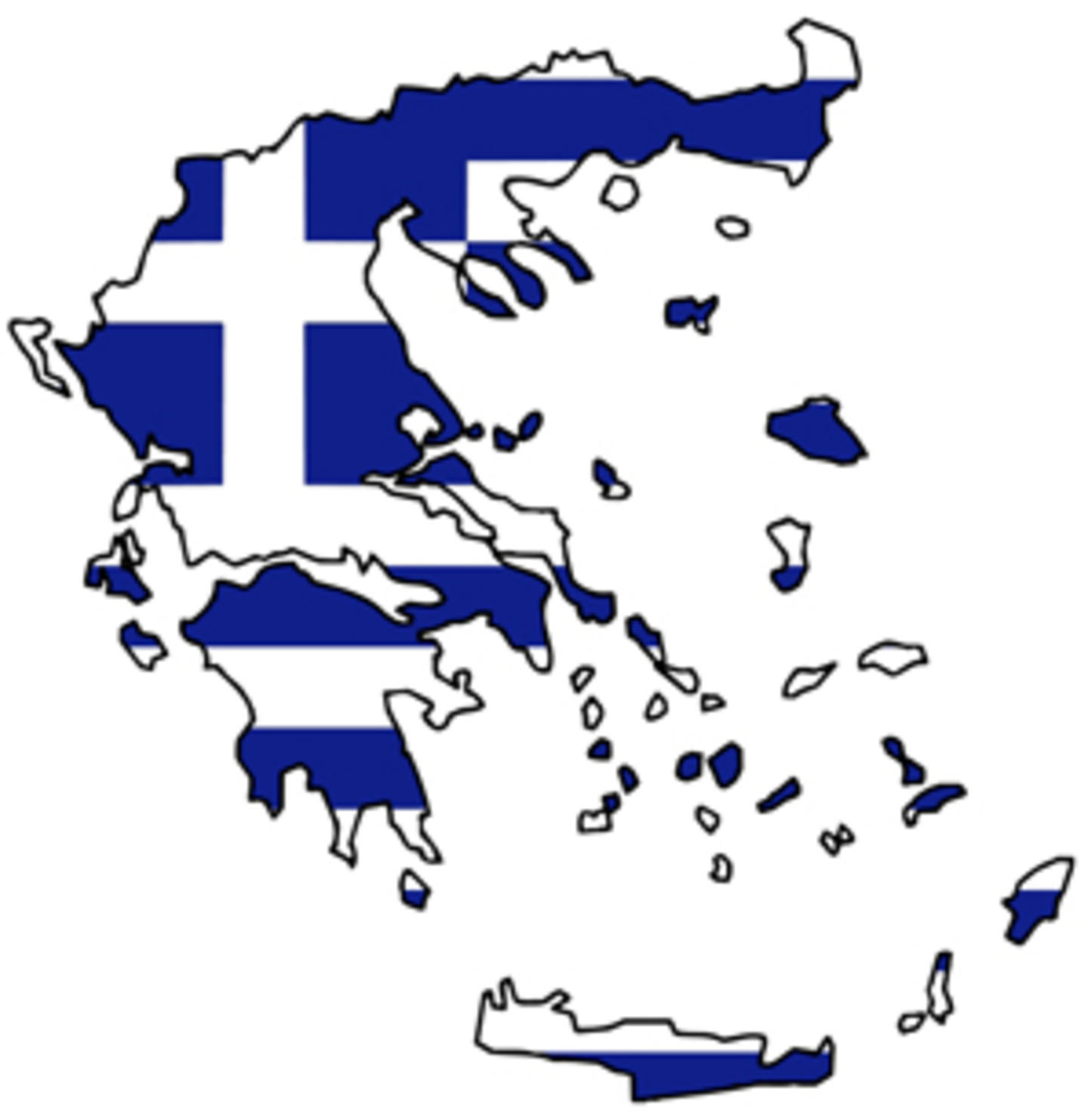"We are very pleased about this agreement with the Government of Greece regarding the allocation of the EEA Grants", said the Norwegian Foreign Minister, Jonas Gahr Støre. In addition to considerable support specifically to the asylum sector, 30% of the funds are allocated to projects aimed at the environment and long-term sustainability, 10% to civil society projects, and 5.5% to research.
Foreign Minister Støre said it had been a priority for Norway to achieve a substantial investment in the field of asylum in Greece. "We are pleased to have accomplished this now", Støre said. Following talks in October between specialists from Greece and Iceland, Liechtenstein and Norway, Greek and donor state authorities will be meeting to discuss the details of the agreement to decide on implementation.
Earlier this year, on 28 July, Iceland, Liechtenstein and Norway signed an agreement with the EU on the EEA Grants and Norway Grants 2009-2014 period. In total, €1.79 billion in financial support will be provided over a five-year period until 2014 to the 12 newest EU member states, and to Spain, Portugal and Greece. The aims of the funding are to reduce economic and social disparities in the European Economic Area and to strengthen the cooperation between the donor states and the beneficiary states.
The funds will be made available for projects in sectors such as environment and climate change, green business, health, research, education and cultural heritage, employment, civil society, and justice and home affairs. Around a quarter of the funds is reserved for environmental and climate change projects. Measures to ensure decent work and social dialogue are important new initiatives.
Picture: Wikimedia Commons
